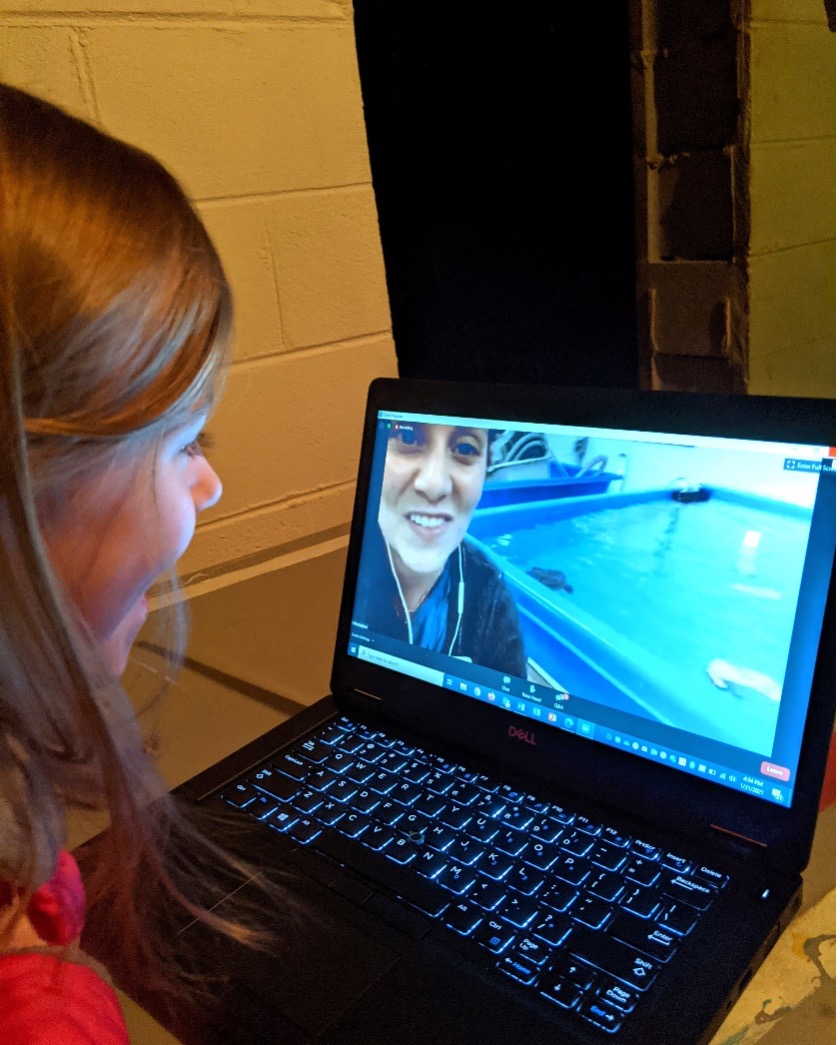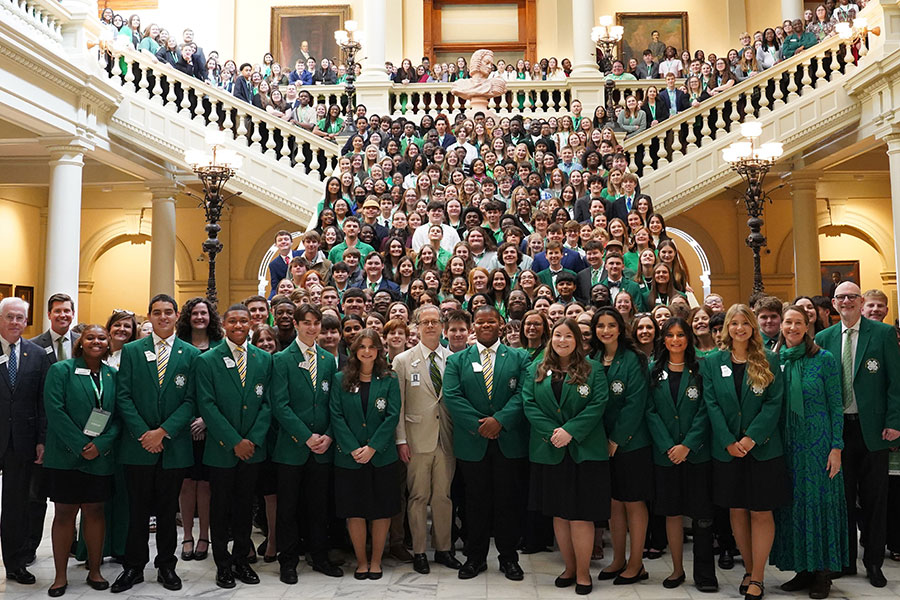
Educators have faced overwhelming challenges during the COVID-19 pandemic, but Georgia 4-H continued to deliver essential and effective programming supporting teachers and students during the height of the crisis.
The 2020-21 school year called for a shift in methodology across all avenues of education. As Georgia’s teachers reinvented their classroom environments, 4-H professionals also pivoted to meet the needs of a new and changing dynamic that included virtual, in-person and hybrid instruction.
A recent study by Virginia Brown, Extension evaluation specialist with University of Georgia Cooperative Extension, highlighted the positive impact that 4-H made on teachers and students in the fall semester of 2020.
To collect data, local 4-H agents distributed a teacher survey developed by the Office of Learning and Organizational Development to assess student knowledge outcomes, program components and overall impacts of 4-H programming in Georgia classrooms. One-hundred ninety-three teachers in 30 counties completed the survey, representing more than 5,000 students.
The results of the survey indicated that student knowledge increased from pre-instruction to post-instruction regardless of how 4-H programming was delivered. Teachers reported that 4-H programming adds value to learning and is an important supplement to education. They also indicated that the inclusion of 4-H enhances the classroom and that they plan to continue their use of its offerings.
Traditionally, 4-H programming is delivered through in-person instruction in fourth-, fifth- and sixth-grade classrooms by youth development professionals including 4-H agents, educators and program assistants. In addition to classroom settings, 4-H’ers have opportunities to participate in extracurricular activities in agriculture and STEM, healthy living, and civic engagement.
“4-H programming has proven to be effective repeatedly through numerous studies over many years,” Brown said. “This study shows that our shift to varied delivery methods does not impact the tried-and-true constructive impact that 4-H provides.”
Teachers also said that they benefited personally from their involvement with 4-H during the initial COVID-19 response. Survey participants reported that their overall wellness and well-being was positively impacted through their partnership with 4-H during a period of difficult adjustment.
“Our goal is to instill the concepts of belonging, mastery, independence and generosity in the youth with whom we have the privilege of interacting,” said Mandy Marable, 4-H Extension specialist for curriculum. “We value the relationships that were maintained with teachers and students throughout the uncertain months of the 2020-21 school year.”
Georgia 4-H empowers youth to become true leaders by developing necessary life skills, positive relationships and community awareness. As the largest youth leadership organization in the state, 4-H reaches more than 225,000 people in a typical year through UGA Extension offices and 4-H facilities.
For more information about how to get involved with 4-H as a student, parent or volunteer, visit georgia4h.org or contact your local Extension office.






